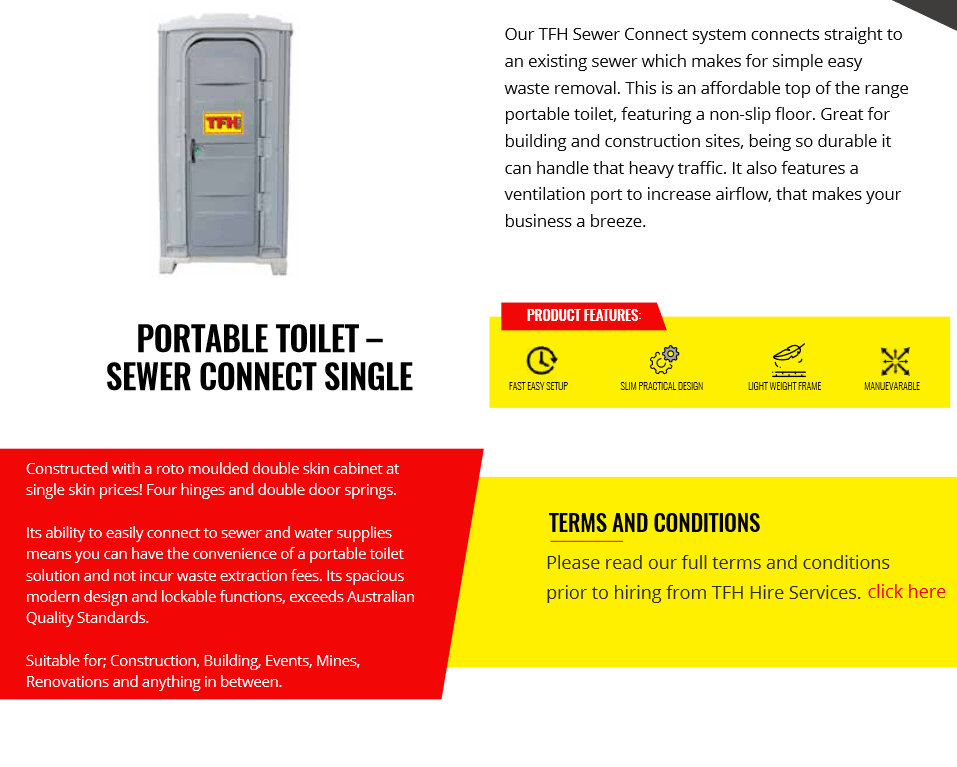Excitement About Reclaim Waste
Table of ContentsTop Guidelines Of Reclaim WasteReclaim Waste Fundamentals ExplainedExcitement About Reclaim WasteEverything about Reclaim WasteFascination About Reclaim Waste
Explore the types, occurrences, and kinds of fluid waste. Residential sewage waste refers to the waste and products from a property sewage-disposal tank. This kind of waste is created by people in houses, institutions, and other structures. This only includes septic systems that have a drain area. The proper monitoring and disposal of domestic sewer waste need fluid waste to be transferred to a sewer treatment plant where the correct techniques and tools are related to detoxify and throw away waste.
Commercial waste frequently consists of possible hazards, such as flammable materials or a mixture of liquid and strong waste items, and calls for an advanced and thorough disposal process. The disposal of commercial waste normally entails the filtration of waste before transportation to make sure safe and proper disposal. Hazardous waste is developed from byproducts and overflow of industrial processes and manufacturing.
This kind of waste can not utilize the exact same sewer monitoring transport or procedures as septic or business liquids. The industrial waste administration process needs the evaluation and screening of liquid waste before it undergoes the disposal process (liquid waste disposal). Drainage waste is the fluid waste that originates from overflow and excess stormwater in highly inhabited areas or cities
Runoff waste can cause contamination and flooding otherwise taken care of effectively. Discover more concerning drain cleaning and waste monitoring. Ensuring correct waste administration can avoid catastrophes and reduce ecological damage. Both individuals in residential setups and professionals in business or manufacturing sectors can gain from comprehending the processes and regulations of liquid waste monitoring.
The Main Principles Of Reclaim Waste
Call PROS Providers today to discover concerning our waste management and disposal services and the appropriate methods to look after the liquid waste you produce.
(https://blogfreely.net/reclaimwaste1/yc311a58b1)This supposed 'wastewater' is not just a crucial source however, after treatment, will be released to our land, rivers or the ocean. Used water from commodes, showers, bathrooms, kitchen sinks, laundries and commercial procedures is known as wastewater.

water made use of to cool machinery or clean plant and tools). Stormwater, a type of wastewater, is drainage that flows from agricultural and metropolitan locations such as roof coverings, parks, gardens, roads, paths and rain gutters right into stormwater drains pipes, after rainfall. Stormwater moves neglected directly to regional creeks or rivers, ultimately getting to the sea.
Top Guidelines Of Reclaim Waste
In Queensland, the majority of wastewater is treated at sewage therapy plants. Wastewater is transported from residential or industrial sites via a system of drains and pump terminals, called sewage reticulation, to a sewage treatment plant. City governments construct, preserve and operate most sewer therapy plants. Operators are certified under the Environmental Management Act 1994 to release cured wastewater at an acceptable ecological criterion into waterways.
The Department of Natural Resources suggests regional governments concerning managing, operating and keeping sewerage systems and therapy plants. In unsewered areas, neighborhood governments may call for homeowners to install private or household sewer treatment systems to treat residential wastewater from bathrooms, kitchens, washrooms and laundries. The Division of Natural Resources authorizes making use of house systems when they are shown to be reliable.
Many stormwater obtains no treatment. In some brand-new subdivisions, treatment of some stormwater to get rid of litter, sand and gravel has begun utilizing gross toxin traps. Wastewater therapy occurs in 4 phases: Gets rid of solid matter. Larger solids, such as plastics and various other things wrongly discharged to sewage systems, are removed when wastewater is gone through screens.
Wastewater then moves right into large containers where solids settle and are removed as sludge. Grease and residue are skimmed from the surface area. Makes use of tiny living organisms referred to as micro-organisms to break down and eliminate remaining liquified wastes and great particles. Micro-organisms and wastes are integrated in the sludge. Gets rid of nitrogen and phosphorus nutrients that can have a peek here cause algal flowers in our waterways and threaten water life.
The Only Guide for Reclaim Waste
Nutrient elimination is not available at all sewer treatment plants because it calls for costly specialised equipment. It is becoming extra typical in Queensland. Clear liquid effluent produced after therapy may still include disease-causing micro-organisms. If this effluent is released right into waterways such as rivers or the sea, the micro-organisms will eventually die out.

Many wastewater streams into the sewage system. Under the Act, local federal governments administer authorizations and licences for ecologically relevant tasks (Periods) including wastewater launches that may have a local influence.
All about Reclaim Waste
Otherwise, samples are taken for lab evaluation. Frequently lots of examinations are required to establish the levels of each of the different contaminants such as oils, hefty steels and pesticides in water. Tracking provides valid info about water quality and can validate that permit conditions are being met. The information obtained through tracking offers the basis for making water high quality decisions.